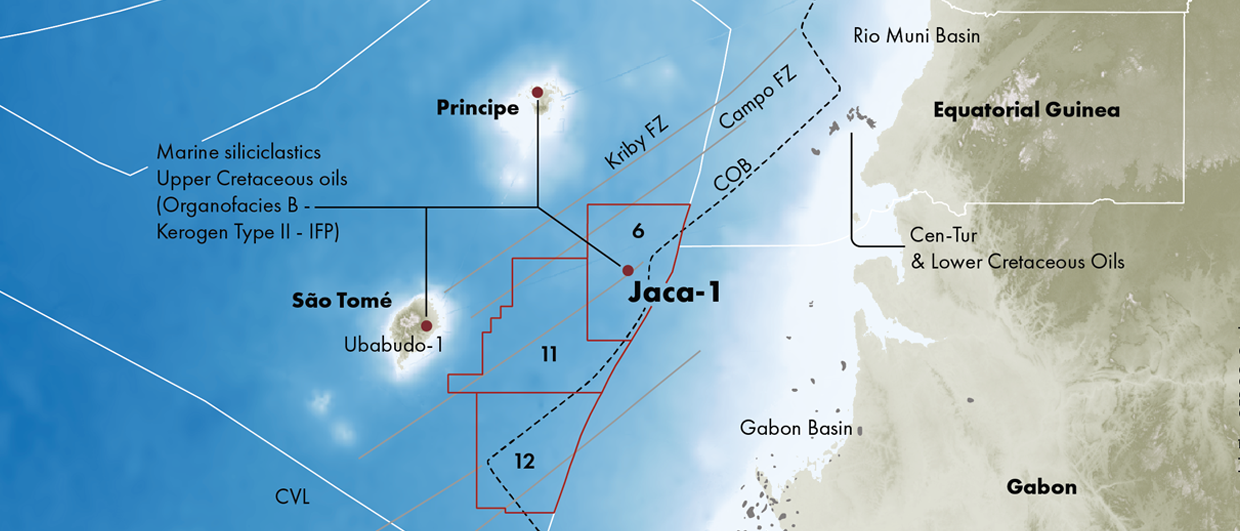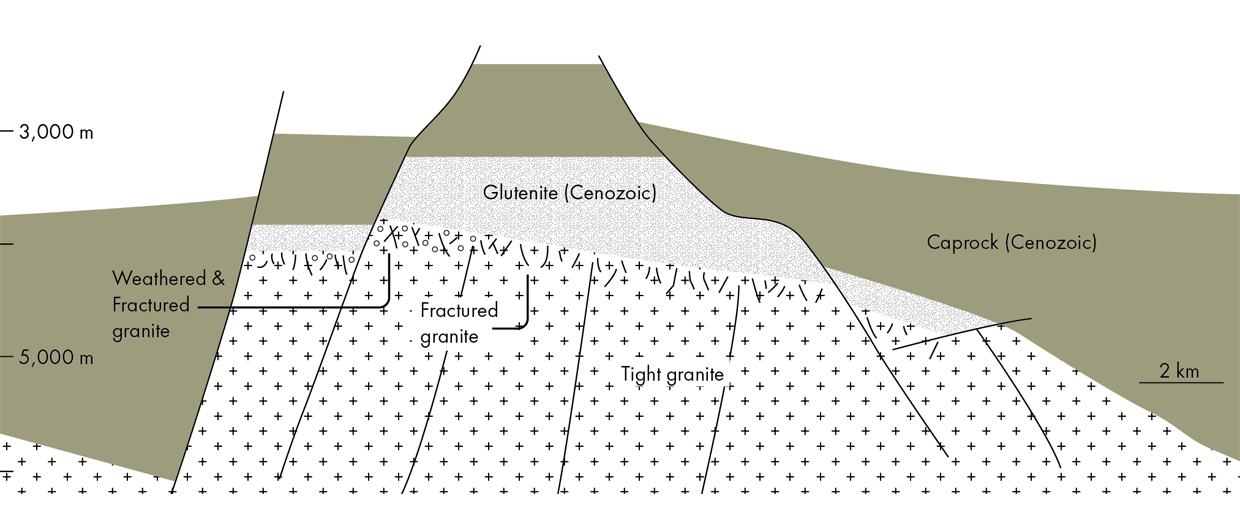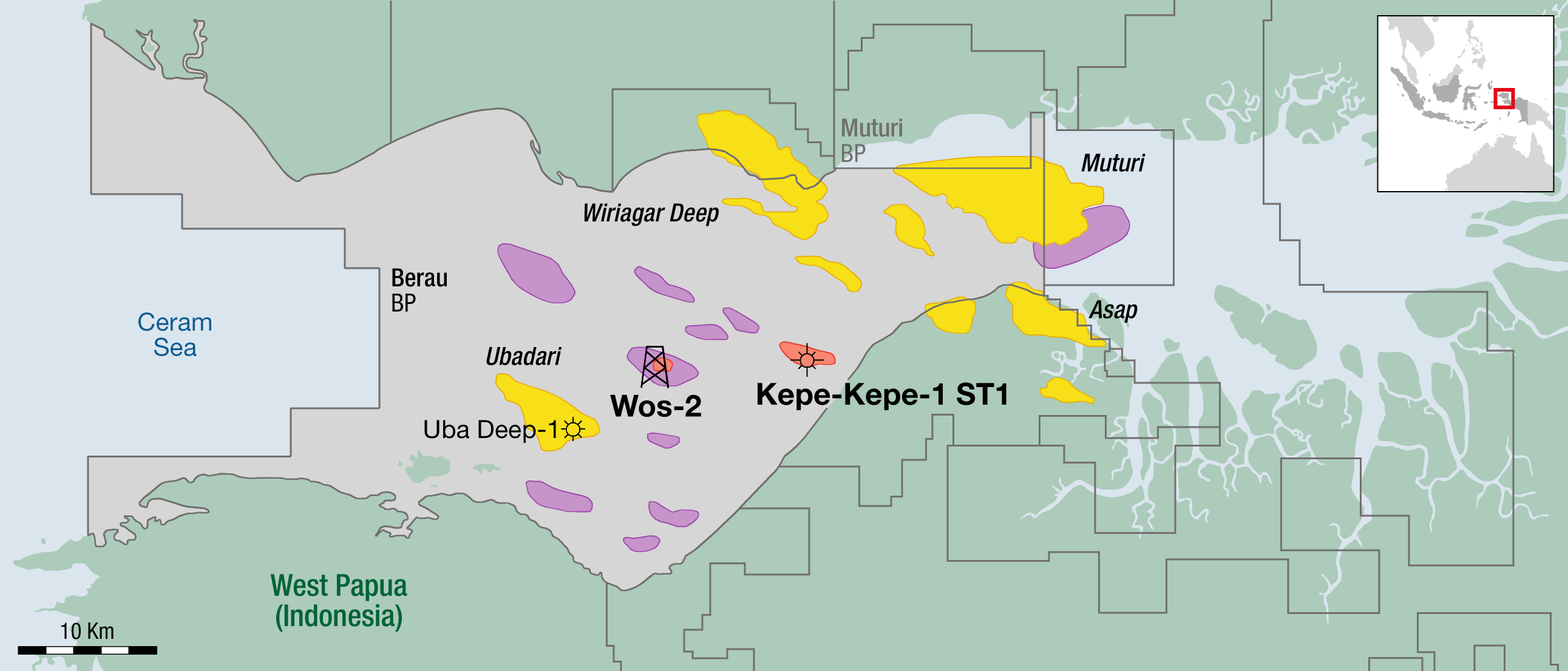Guinea
Guinea is working to put in place a new oil code by the middle of 2013 and will then invite companies to explore 21 offshore blocks, according to Guillaume Curtis, the country’s deputy mines and geology minister. He cautioned that the ministry had not yet decided whether this would be done through an auction process or through company-by-company negotiations. In September 2011, Guinea adopted a new mining code that gives the state 15% of mining projects along with the option to purchase an additional 20%, bringing its total potential share in projects to 35%. Curtis declined to say whether the new oil code would be modelled along the same lines.
Kenya
According to Hudson Andambi, senior petroleum geologist at Kenya’s Energy Ministry, there are plans to move away from direct negotiations and switch to bidding rounds to license the country’s oil exploration blocks. Confident there will be no problem in attracting exploration companies, Andambi said Kenya planned to increase the signature bonus companies pay when they are granted new licences, which now stands at US$ 300,000. The size of new exploration blocks Kenya leases in the future will also be minimised so more companies can explore. In a conference in New Delhi, the Energy Minister, Kiratu Murungi, said Kenya would demarcate and license six new blocks following the relinquishment of acreage by Anadarko and Tullow. The blocks are identified as L5, L7, L11A, L11B and L12 offshore and 10BB and 13T onshore. The timing of the round has yet to be clarified.
Mozambique
According to deputy minister of mineral resources Abdul Razak Noormahomed, Mozambique plans to auction up to 12 oil and gas blocks in the January–March period of 2013. The areas on offer are east of the existing blocks in the deepwater Rovuma Basin close to the Tanzanian border in the north-east, as well as in the Zambezi River Delta in the centre of the country. When evaluating future bids, Mozambique has said it was looking for companies not only with the necessary technical and financial skills and those interested in LNG, but players who would also help develop domestic gas-based industries.
Suriname
Staatsolie will formally open its 5th International Bidding Round on 28 January 2013. The industry will have the opportunity to bid on four blocks on the Demerara Plateau – Block 54, Block 55, Block 56 and Block 57 – where a 5,000 km 2D BroadSeis data set was processed by CGGVeritas in September 2012. The Bid Round will close on 26 July 2013.
Ecuador
On 28 November 2012, Ecuador put aside three blocks for state- run oil company Petroamazonas, which could decide to team up with other state companies to explore the areas, while 13 other blocks were put up for auction. Companies will have six months to present their bids, and contracts should be signed before the end of September 2013.
Oil Minister Wilson Pastor is confident these 16 blocks will attract investments worth around US$ 1 billion in oil exploration projects from state-run and private companies. However, as the blocks are in south-eastern provinces, near the border with Peru and therefore distant from the northern Amazon regions where most of Ecuador’s crude is extracted, he added, “I don’t think we’ll get interesting offers for the 13 blocks. It’s very likely that only eight will receive offers.” The minister indicated that preliminary studies show there are between 400 and 1,600 MMb of crude oil reserves in the area where the blocks are. The government may decide to put four more blocks in the area up for auction in the future. Six indigenous groups live in the area and have vowed to oppose oil exploration because they fear investors will spoil their homeland.
In a bid to increase state revenue from the key oil sector, Ecuadorean President Rafael Correa asked oil companies to sign less- profitable service contracts in 2010, or leave the country. Ecuador has not attracted any investments in oil exploration projects since then. Pastor said oil companies that win the auction would also have to sign service contracts, but the deals would be different from the ones signed in 2010, so that companies can recover the investments they make in exploration.





